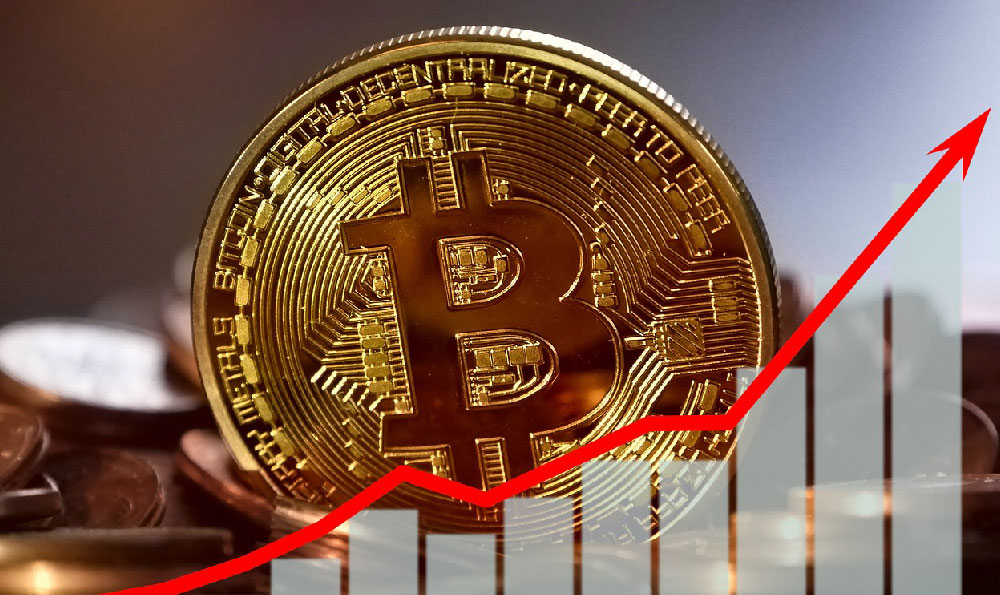
The Super Bowl, the annual championship game of the National Football League (NFL), transcends its role as a sporting event. It’s a cultural phenomenon, a marketing extravaganza, and a significant economic engine. Understanding the revenue generated by the Super Bowl and its broader economic impact requires looking at various facets, from direct game-day spending to long-term branding opportunities.
The revenue streams associated with the Super Bowl are diverse and substantial. Television broadcasting rights are a colossal source of income. Major networks bid fiercely for the privilege of airing the game, recognizing the massive audience it commands. These multi-billion dollar deals provide a significant foundation for the NFL's overall revenue. Advertising during the Super Bowl is notoriously expensive, fetching millions of dollars for a 30-second spot. Companies see this as a prime opportunity to reach a vast, captive audience and launch new products or reinforce brand awareness. These commercials are often mini-productions in themselves, further amplifying the cultural significance of the event. Beyond the direct broadcasting revenue, the network also benefits from pre- and post-game coverage, which further attracts viewers and advertisers.
Ticket sales contribute a notable amount to the Super Bowl's revenue. While the number of tickets available to the public is limited, the high demand drives prices up significantly, often reaching several thousand dollars per ticket. A significant portion of tickets are allocated to the participating teams, sponsors, and the NFL itself. The revenue from these tickets flows back into the NFL's coffers, contributing to its overall financial health.

Sponsorships are another crucial revenue generator. Companies partner with the NFL to associate their brand with the Super Bowl, gaining exposure through stadium signage, on-field promotions, and advertising campaigns. These sponsorships are typically multi-year deals, providing a stable revenue stream for the NFL. The visibility and brand recognition gained through Super Bowl sponsorships are invaluable to participating companies.
Merchandise sales, encompassing everything from jerseys and hats to commemorative items, also contribute to the revenue stream. Both official NFL merchandise and licensed products sold by retailers generate substantial sales leading up to and following the Super Bowl. This market expands beyond just fans attending the game, reaching a global audience eager to own a piece of the Super Bowl experience.
The economic impact of the Super Bowl extends far beyond the direct revenue generated by the game itself. The host city experiences a significant influx of tourists, leading to increased spending in hotels, restaurants, and local businesses. This boost to the local economy can be substantial, providing a temporary but noticeable surge in revenue for businesses across various sectors. The Super Bowl also creates numerous temporary jobs, ranging from security personnel and event staff to hospitality workers and transportation providers. These employment opportunities provide a short-term boost to the local job market.
Moreover, hosting the Super Bowl can enhance the host city's reputation and attractiveness as a tourist destination. The media coverage surrounding the event showcases the city's amenities, infrastructure, and cultural attractions, potentially attracting more visitors in the years to come. This long-term boost to tourism can have a lasting positive impact on the local economy. The need to upgrade infrastructure to host such a large event can also lead to long-term improvements that benefit the city and its residents. Transportation systems, public facilities, and stadium upgrades can provide lasting benefits beyond the Super Bowl itself.
However, it's important to acknowledge that the economic impact of the Super Bowl is not without its critics. Some argue that the benefits are often overstated, and that the costs associated with hosting the game, such as infrastructure improvements and security expenses, can outweigh the economic gains. Concerns have been raised about the displacement of local residents due to rising prices and increased tourism. It’s also been suggested that the temporary economic boost is not sustainable and that the city may experience a decline in economic activity after the Super Bowl departs. Accurate assessment of the economic impact requires careful analysis of both the benefits and the costs, taking into account the specific circumstances of the host city.
Furthermore, the long-term impact on local businesses can be complex. While some businesses thrive during the Super Bowl, others may struggle due to increased competition and higher operating costs. Small businesses, in particular, may find it difficult to compete with larger corporations that can afford to invest heavily in Super Bowl-related marketing and promotions.
In conclusion, the Super Bowl generates substantial revenue through broadcasting rights, advertising, ticket sales, sponsorships, and merchandise. The economic impact on the host city is significant, with increased tourism, job creation, and potential long-term benefits to the local economy. While criticisms exist regarding the true extent of the economic benefits and the potential costs associated with hosting the game, the Super Bowl remains a major economic event that has a profound impact on the sports industry, the entertainment industry, and the host city's economy. The event's cultural significance and global reach ensure that its financial and economic repercussions will continue to be felt for years to come. Careful planning and investment are crucial to maximize the positive economic effects and minimize any potential negative consequences associated with hosting this prestigious event.





